Jameela Jamil, an actress and activist who plays Tahani Al-Jamil in NBC's The Good Place, is speaking out against Georgia's recent anti-abortion legislation.
The law makes all abortions illegal after a fetal heartbeat can be detected, generally around 6 weeks—often before a pregnancy is even discovered.
Jamil took to Twitter to voice her opposition to the law, and the damage that it will do.
She called the law:
"upsetting, inhumane, and blatantly demonstrative of a hatred of women, a disregard for our rights, bodies, mental health, and essentially a punishment for rape victims, forcing to carry the baby of their rapist."
She went on to reveal that she had an abortion when she was younger and called it "the best decision I ever made."
She wasn't prepared emotionally, psychologically or financially to support a child, and decided not to bring a child into the world under those circumstances.
She also cited the increase in children who will end up in foster care because of the law.
An already overcrowded foster care system isn't prepared or able to deal with a sudden influx in children needing placements.
She clarified later in the thread that she meant nothing against foster parents. They provide valuable care to children who are in need of a loving home.
Further taxing an already overtaxed foster care system won't help anyone, least of all the children needing foster homes.
The comments on Jamil's thread were largely people criticizing her for her decision to have an abortion or attacking her character.
There were some who appreciated her candor, though.
A few people had words for those that were being willfully obtuse and missing the point of Jamil's message.
It is a fact that there are many loving foster and adoptive families, but it is also a fact that there are many less than stellar ones. Children placed in foster care don't have the luxury of choosing only to live with the good families.
Many of the arguments against Jamil's message also ignore a pregnant person's right to bodily autonomy.
Laws like this are not going to make people suddenly stop having unwanted pregnancies; they are much more likely to just make people seek unsafe alternatives when safe, legal abortions are not an option.






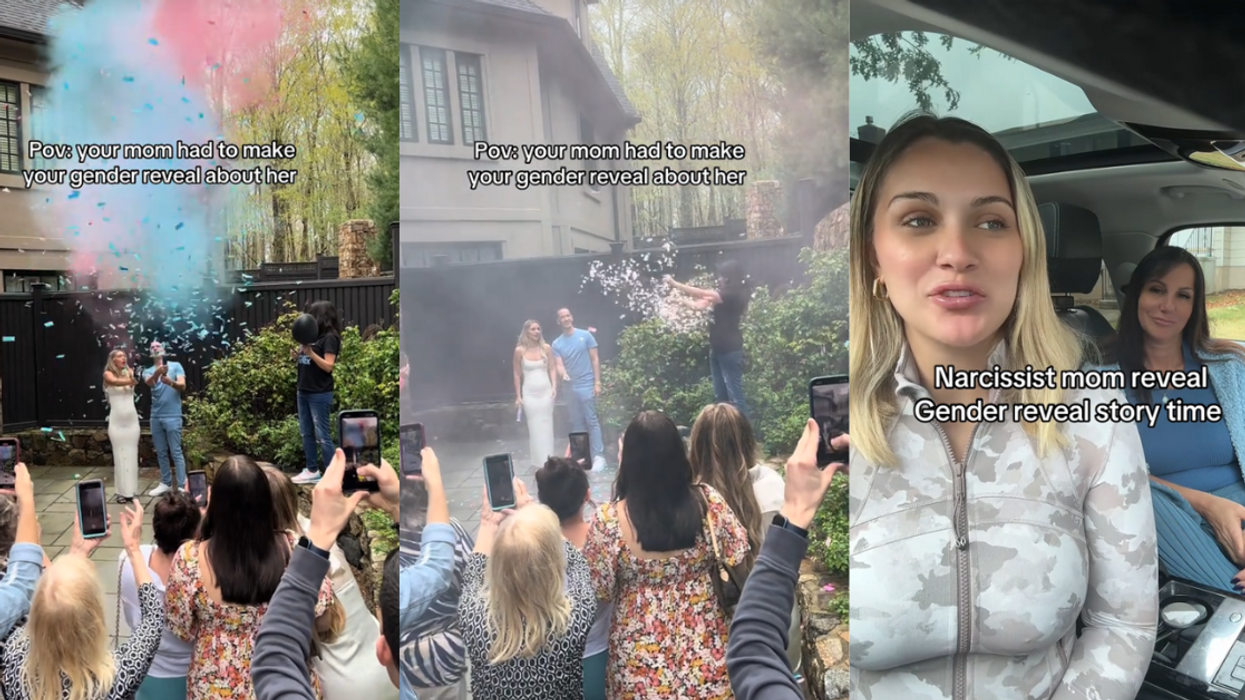
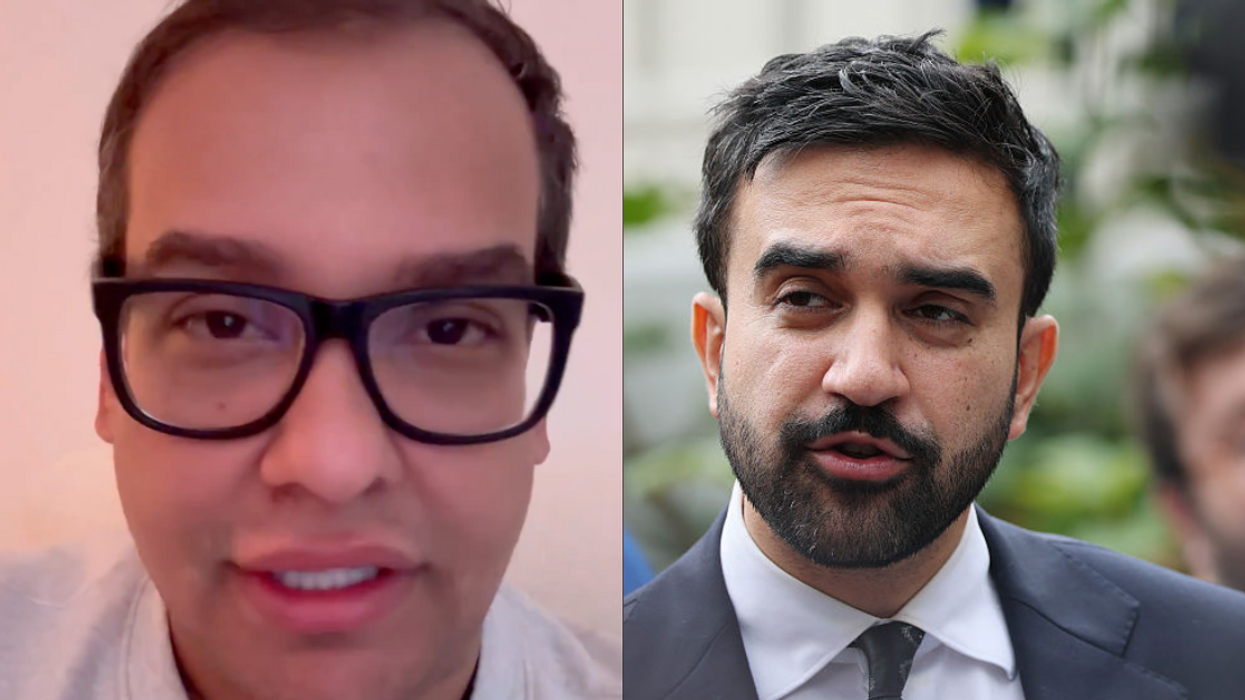



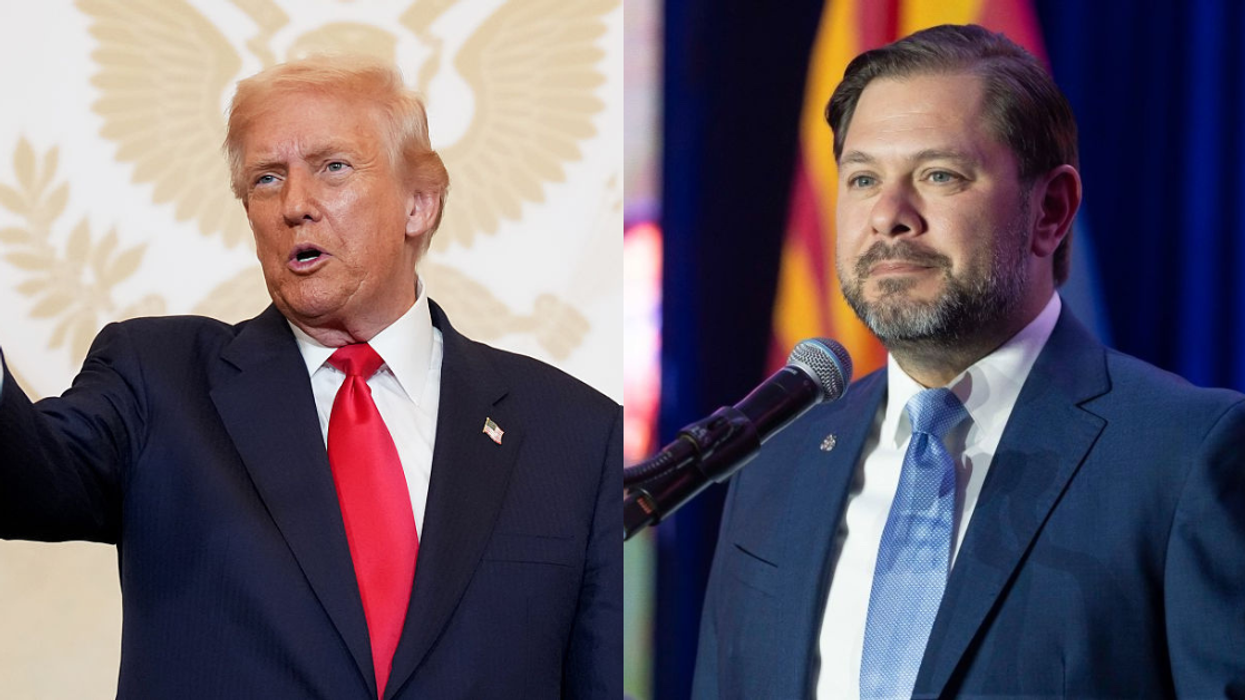
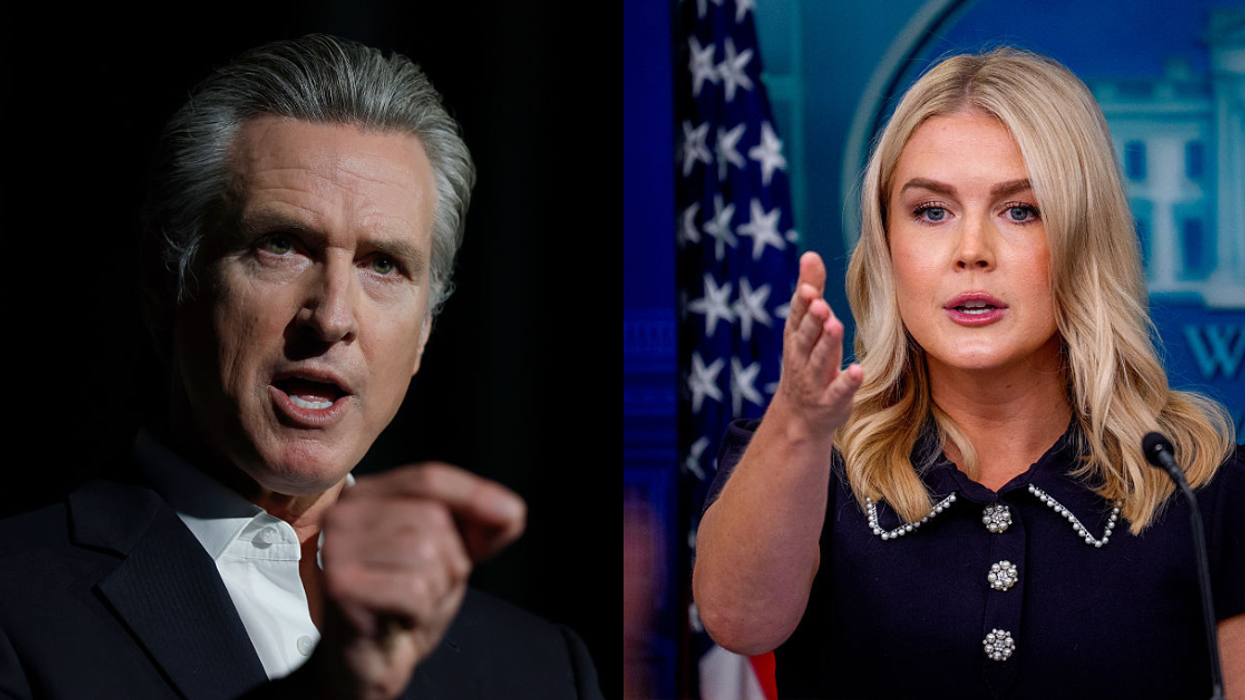
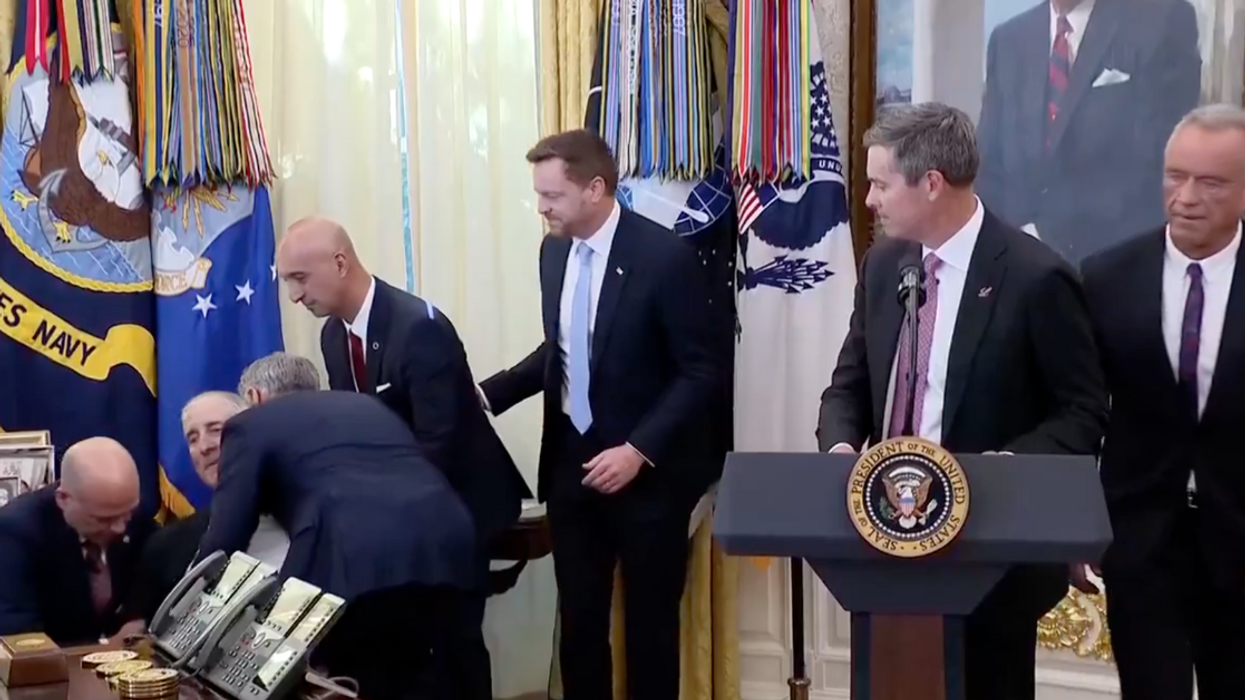
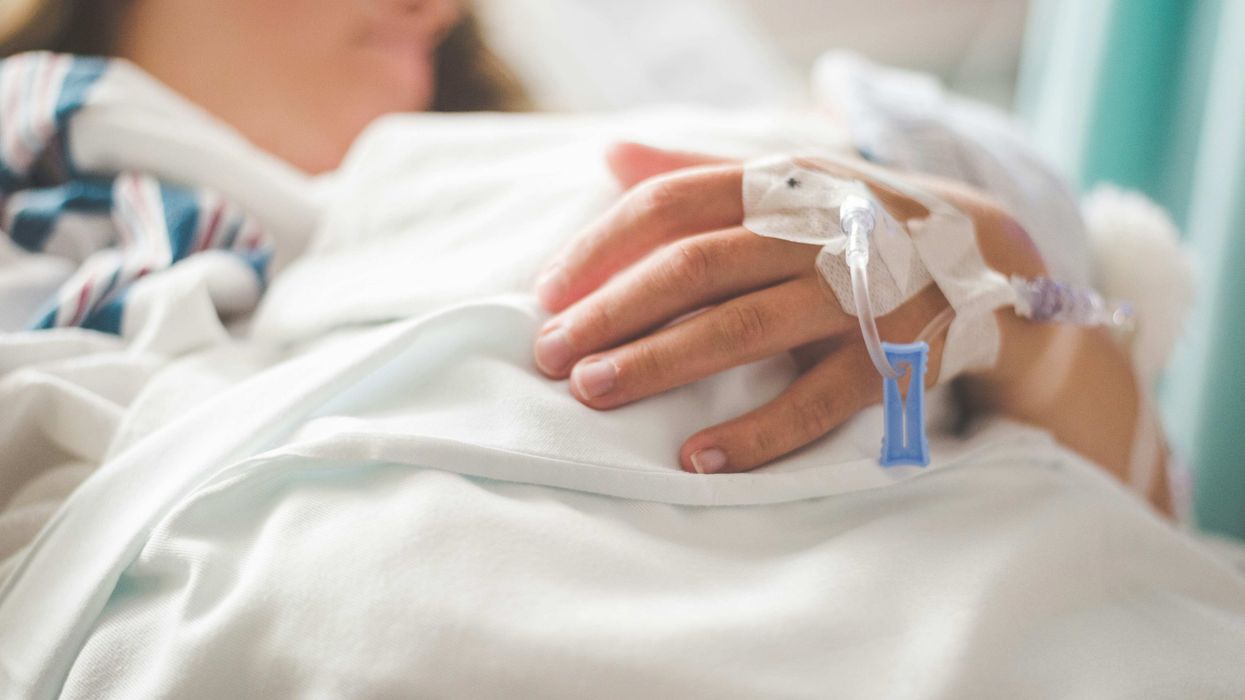

 breast cancer GIF by Baptist Health South Florida
breast cancer GIF by Baptist Health South Florida  Teddy Bear Doctor GIF
Teddy Bear Doctor GIF  feeling neck skin GIF
feeling neck skin GIF  praying GIF
praying GIF 
 Snail Ugh GIF by Sticker Book iOS GIFs
Snail Ugh GIF by Sticker Book iOS GIFs 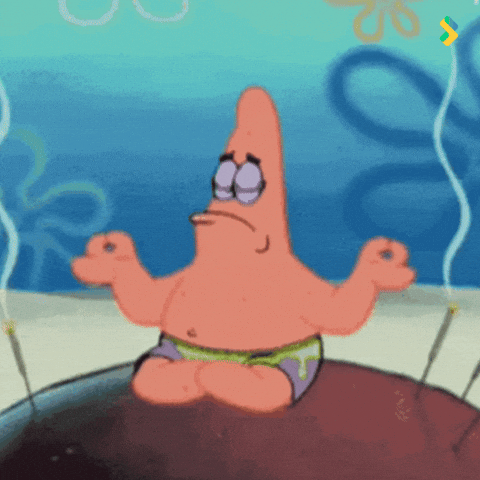 Serious
Serious 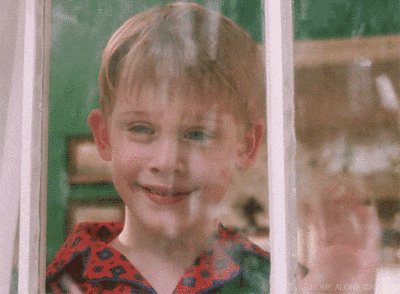 Home Alone Reaction GIF by 20th Century Fox Home Entertainment
Home Alone Reaction GIF by 20th Century Fox Home Entertainment  Cat Working GIF
Cat Working GIF